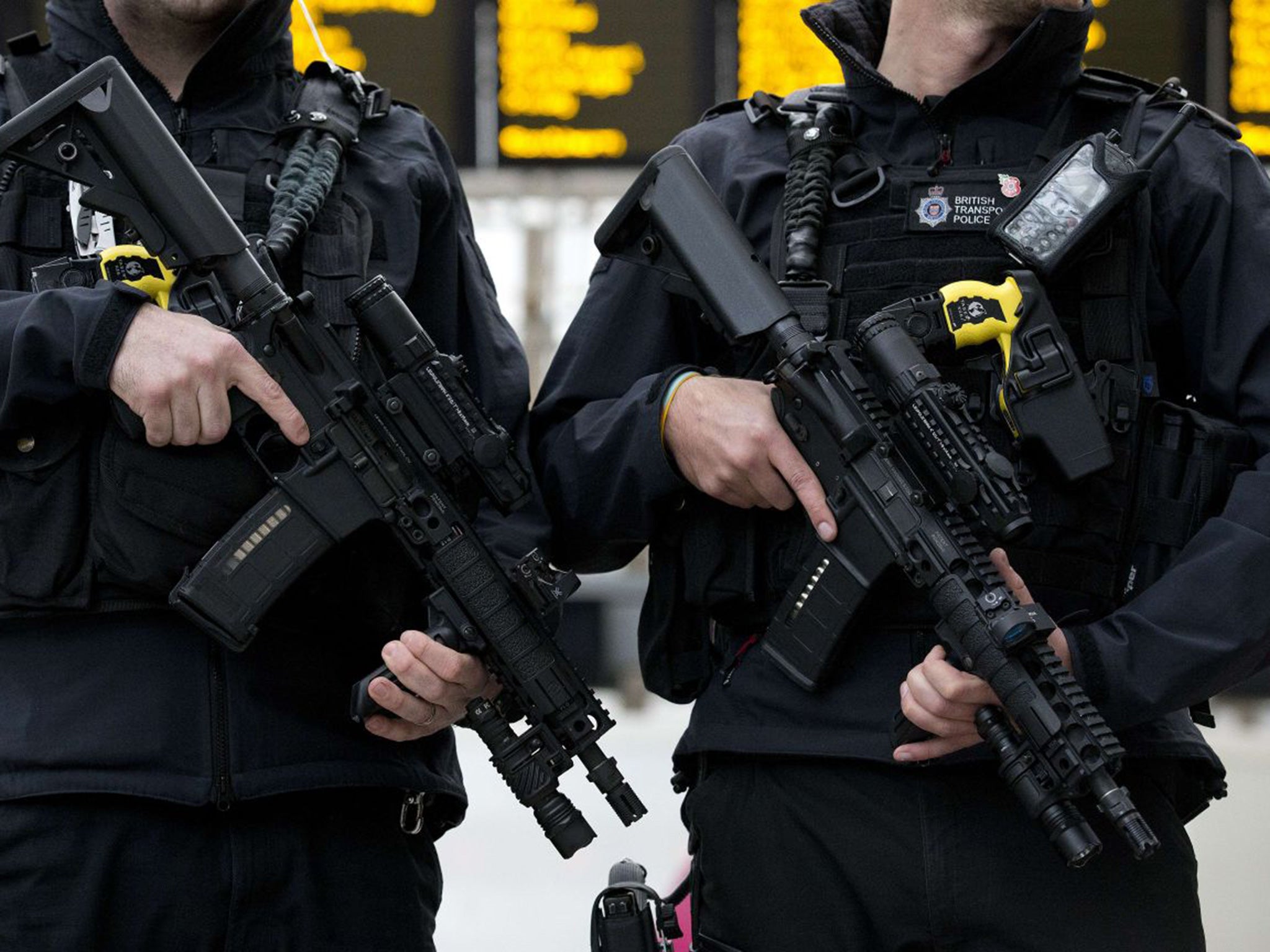Four arrested in Britain following European-wide 'blitz' on suspected jihadist terror
The arrests took place at addresses in Hull, Derby, Birmingham and Sheffield

Four men have been arrested in Britain on suspicion of being part of a Europe-based Islamist terror group which was allegedly planning to target British diplomats as part of a plot to free its imprisoned leader.
The suspects were among 13 people detained in a pan-European operation led by the Italian authorities to shut down Rawti Shax - a Kurdish-Sunni group with links to Al Qaeda which is accused of plotting over the "dark web" to send recruits to fight in Syria and Iraq as well as staging attacks in the Middle East and Europe.
In what Italian investigators described as the most important international police operation in Europe in 20 years, it was claimed that the organisation planned to kidnap foreign envoys in a Middle Eastern city - possibly Baghdad or Tehran - and use them as bargaining chips to demand the release in Norway of its leader, Najmuddin Faraj Ahmad, known as Mullah Krekar.
The arrests came as Keith Vaz, the chairman of the influential Home Affairs select committee, warned that the Government's flagship counter-extremism strategy is so flawed that it should be abolished and started again. The Labour MP was addressing a conference at which British Muslims warned they are being alienated by efforts to combat terrorism.
Krekar, 59, is currently serving 18 months imprisonment for praising the Charlie Hebdo murders in Paris earlier this year and inciting others to murder a Kurdish immigrant in Norway. The cleric was a founder of the Ansar Al Islam insurgent group active in Iraq, where it was affiliated to Al Qaeda. Rawti Shax is described as an "evolution" of the original movement.
The North East Counter-Terrorism Unit led the arrests of the four UK-based suspects, who were detained in Hull, Derby, Birmingham and Sheffield. The men, aged between 32 and 52, are not British citizens and police said they did not believe they represented a risk to British communities. They now face extradition to Italy to face international terrorism charges.
There were simultaneous arrests in Italy and Norway as well as searches in Germany, Finland and Switzerland as part of the operation to dismantle the alleged terror group following a five-year investigation by the Italian authorities.
Investigators said that the group had implanted itself across Europe and communicated via the so-called dark web in an attempt to escape surveillance from intelligence agencies as they plotted an insurgency with the aim of establishing a caliphate in Iraqi Kurdistan.
It is alleged that Krekar, who is accused of managing the group from prison using mafia-style notes written on tiny scraps of paper, had recently ordered the formation of a special cell to carry out suicide attacks in Norway as well as attacks on diplomats. NBC reported that envoys from Britain and Norway were targets as well as staff at other missions who were to be abducted to force the cleric's released from prison.
Giovanni Governale, head of Italy's counter-terrorism police unit, said the arrest operation had "dismantled an integrated cell" that "was about to continue sending many other jihadists abroad, it was about to carry out attacks, including suicide bombings, to try to free their chief, Mullah Krekar".
The four men arrested in Britain will now appear before Westminster Magistrates Court in central London on a European arrest warrant. No date has been set for the hearing.
The operation came as British Muslims began an attempt to gain greater influence over the Government's attempts to counter extremism amid complaints that the controversial Prevent strategy is counterproductive and alienating the community.
Addressing a conference in London organised by the Muslim Council of Britain (MCB), Mr Vaz said he recognised that Prevent, which has been sharply criticised over measure including the placing of children as young as three on its anti-radicalisation programmes, was "not an unqualified success".
The MP said: "I would probably abolish Prevent and start again."
The MCB said the Government was at risk of treating Muslims as "second class citizens" by warning of a threat coming from within the community without paying heed to its concerns. The organisation will hold 13 meetings across Britain in the coming months before presenting its proposals for a grassroots programme to tackle extremism early next year.
Subscribe to Independent Premium to bookmark this article
Want to bookmark your favourite articles and stories to read or reference later? Start your Independent Premium subscription today.
